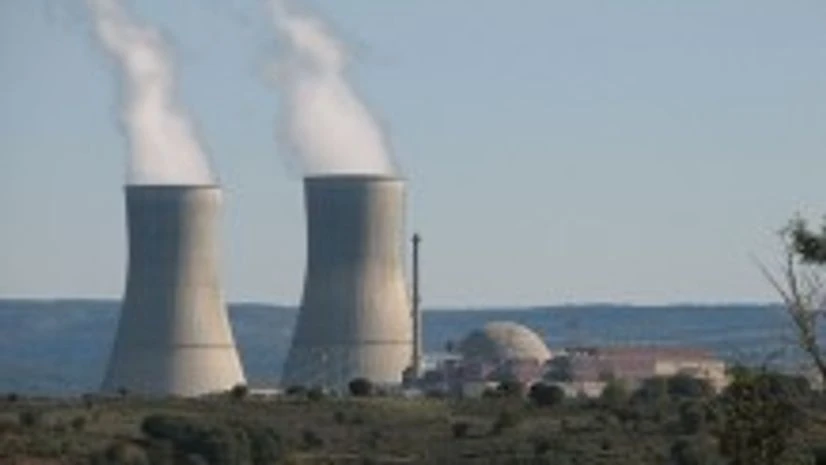The Sri Lankan group, the People's Movement Against Kudankulam Nuclear Power Plant, on Saturday alleged that the plant had been leaking radiation since February 27. "There has not been any radiation leakage from the Kudankulam project. Already, the Indian high commission in Sri Lanka as well as the ministry of external affairs have denied the allegation," R S Sundar, Kudankulam project site director, told Business Standard.
He added the project, which is facing strong opposition from local residents as well, was nearing completion. "We are carrying out a series of integration tests in the presence of a high-level team of the Atomic Energy Regulatory Board (AERB). Village panchayat chiefs and representatives of local governments are also invited during such critical tests in a bid to take them into confidence."
Some more integration tests will begin from this week. The AERB team has been camping at the project site since last one and a half months and all the tests are being carried out in their presence.
"Nearly 4,000 personnel are currently working at the project site for the commissioning of the 1,000-megawatt (Mw) phase I unit. We expect criticality to be achieved by April and the commencement of power generation by end of April," Sundar said. The work on the second phase unit of 1,000 Mw is also under way, he added.
The project was born out of an inter-governmental agreement between India and Russia in 1988 and construction of the plant began in 1997.
But the project ran into rough weather after anti-nuclear activists stalled progress last year when the first unit was nearing commissioning. Work eventually resumed and AERB last year gave the go-ahead for uranium fuel loading.
Moreover, NPCIL has stepped up its efforts to reach out to the people from the neighbourhood in a bid to make them aware of the nature of the Kudankulam project and its safety applications. "In fact, the response is quite overwhelming," Sundar said.

)
